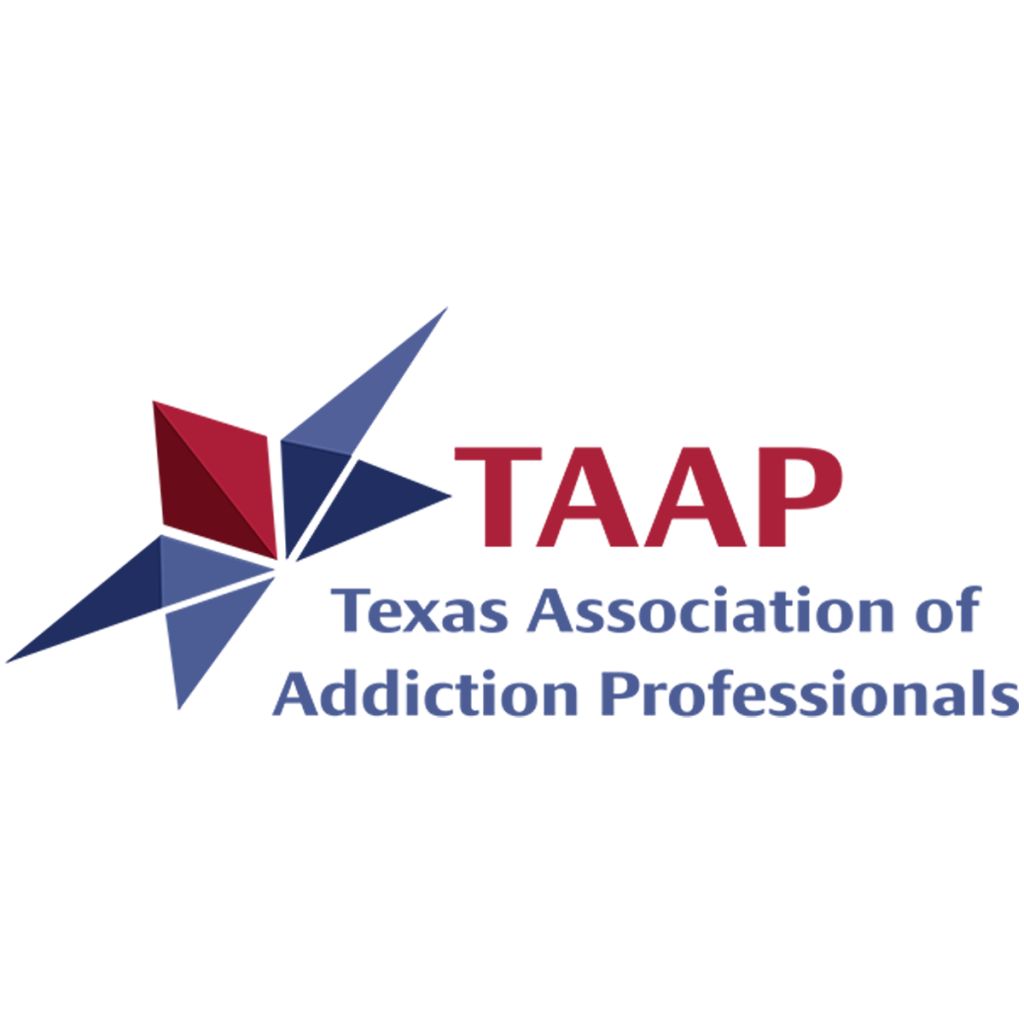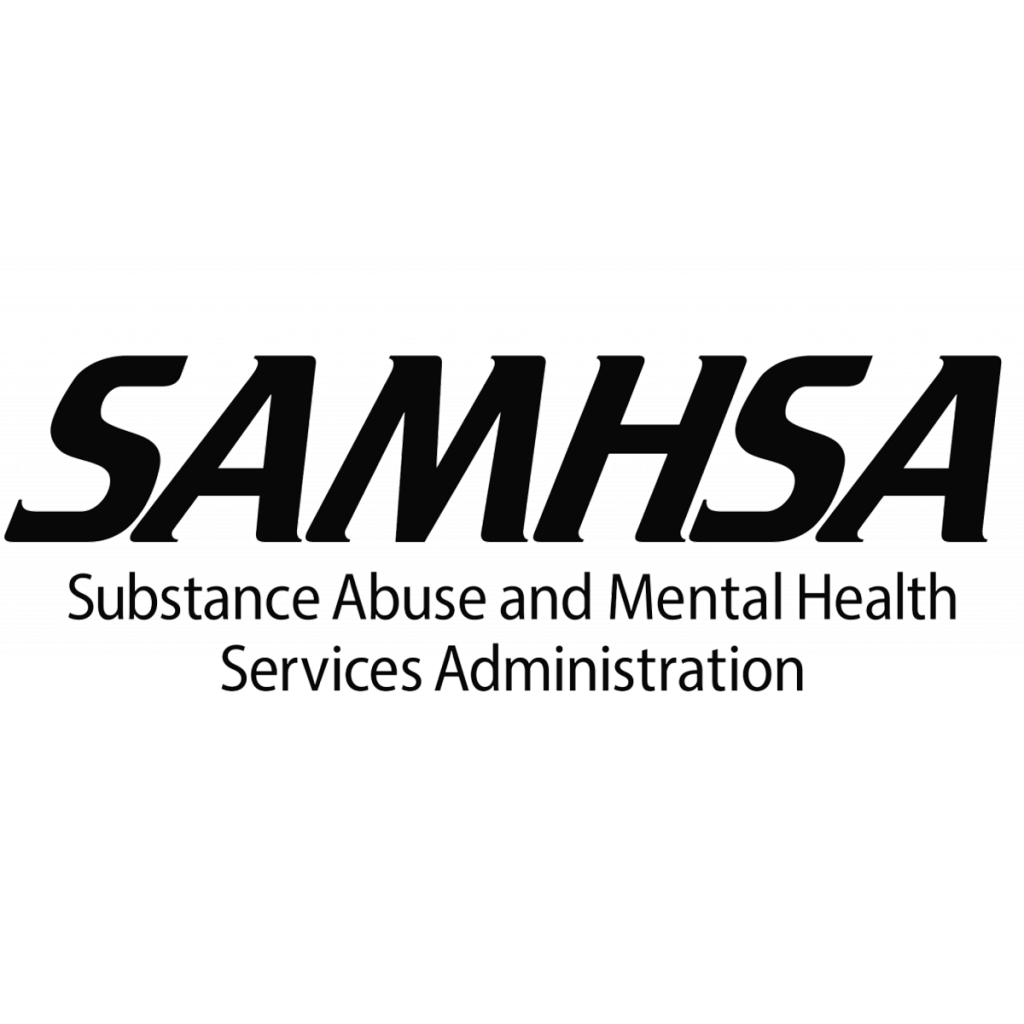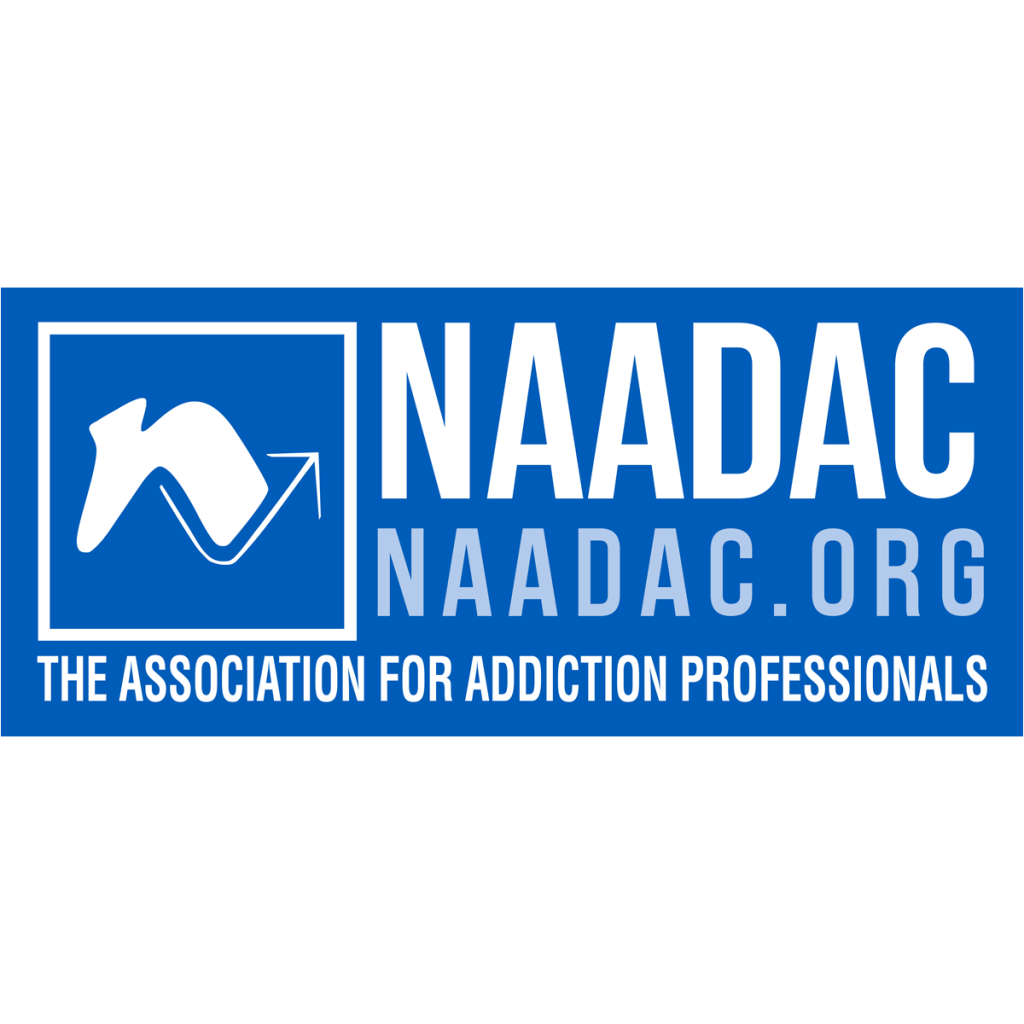Table of contents
Going to rehab is a very personal decision that you don’t have to share with others if you don’t want to. However, attending a 90-day program will likely impact your relationship with those around you, including your family, friends, and employer. As a result, some communication about rehab may be necessary.
If you know you need help for addiction and you’ve enrolled in a rehab program, the next step is to get everything in order before you go. Telling family and friends that you’re headed to rehab is likely a part of this process. So, how do you do it and make the transition easier to explain?
Related post: Going to Rehab for the First Time? Here are 10 Things You Need to Know
Who should you tell you’re going to rehab?
First and foremost, you don’t have to tell anyone that you’re going to rehab if you don’t want to. However, the reality is that some people will need to know, such as family members who pay for the treatment, drop you off and pick you up, or help care for your kids while you’re away in rehab.
The answer to this question is different for everyone, but you might consider telling the following individuals or entities about your decision to go to rehab:
- Your spouse
- Your children
- Other immediate family members
- Your closest friends
- Your employer
If you’re struggling to figure out who you should tell and who you shouldn’t, consider making a list of all the things and events that pushed you to get help. Then, make a list of all the people who really need to know why you’re going to treatment and why. The process of getting these details out of your head and down on paper may help you think through your reasoning for telling some and not others. It will also help you determine how much information to share or withhold, depending on the recipient.
How to tell people you’re going to rehab: 4 steps
It’s not always easy to open up about your addiction, even with close family or friends. The idea of telling people you’re going to rehab is scary for many individuals because they fear a negative or judgmental reaction from others. Although this fear is completely normal and understandable, in most cases, the people who care about you will be open, receptive, and supportive of your decision to get treatment for addiction.
Although telling a little white lie is always an option, you should consider what you want your future life to look like. Is it important to you to be honest with others about your recovery? Are you okay with keeping your personal experience with addiction a secret forever? Do you have a good reason to share your addiction with close family or friends? Carefully weigh the pros and cons before you decide if (or what) you will tell people.
Once you have decided what you will do, consider putting the following tips into action to clearly communicate your issue with addiction, as well as your plans for treatment and recovery.
1. Explain why you’re getting help
For starters, it’s a good idea to explain why you need rehab. This might be as simple as saying something like, “I realized my drinking is out of control but I can’t stop on my own. I need help to get better so I can live a happier, healthier life.” Again, the level of detail you choose to share should depend on who you’re sharing with. You’ll likely want to share more about your reasoning with your spouse or parents than you would with your employer.
2. Be clear about how you will stay in touch
Upon hearing the news, loved ones and friends may worry about what they’ll do without you around or how and when they will communicate with you while you’re away. It’s important to explain how often you’ll be able to talk and in what ways, especially if you live with the person. You should also tell loved ones how long you’ll be away at rehab to set a clear expectation.
3. Tell them what you’ll be doing to get better
Some people may not understand how rehab will be helpful or they may have misguided beliefs about it due to media portrayals or negative personal experiences. Additionally, if you consistently lied to family and friends in the height of your addiction, they may be skeptical when you tell them you’re going to rehab. Giving them more details about the treatment you’ll be receiving and how it will help may ease their worries and help them understand how rehab is different than trying to get sober on your own.
4. Be understanding and respectful of their response to the news
Not everyone in your life will be supportive or understanding of your decision to go to rehab. Some loved ones or friends may be angry, upset, or confused when you tell them you’ll be gone for a while. It’s important to let them know you understand and accept how they feel. Offering to answer any questions they have or address their concerns may help them see your side of things.
Should you tell your boss you’re going to rehab?
Again, the answer to this question will vary from person to person. Despite what the media or popular stereotypes may portray, most people who abuse drugs and alcohol are employed.1 With that said, it’s important to think through your decision carefully before telling your employer that you’re going to rehab.
Most likely, if you’re addicted to drugs or alcohol, your substance abuse has affected your performance at work in some way that your employer or co-workers may have already noticed. Whether your employer is already aware or not, we don’t recommend lying about your leave of absence. Instead, you should approach the situation with care to ensure you can keep your job and return to your position after treatment.
Here are the steps you should take to determine how and what to tell your employer:
- Research your company’s policies on drugs and alcohol in the work environment. If your company does not have one, research their healthcare policy for sick employees.
- Know your rights under the Americans with Disabilities Act (ADA). These laws will help you determine if you’ve been discriminated against after sharing your rehab plans with your employer (and what to do about it).
- Talk to your addiction treatment provider about the Family and Medical Leave Act (FMLA) and how it applies to you. You may qualify for 12 workweeks of unpaid, job-protected leave.
Taking these steps will help you have an informed conversation with your employer about your decision to go to rehab and alleviate some of the stress you might have about losing your job.
For more tips, advice, and answers to frequently asked questions on this topic, check out our guide: How to Go to Rehab and Keep Your Job.
How to tell your kids about rehab
If you have kids, particularly little ones, you’ll want to think carefully about how you tell them that you’re going to rehab. Make sure you share the news in an age-appropriate way. For example:
- If you have toddlers, avoid sharing unnecessary information and keep things simple. Simply say that you’re sick and you’re going away for a little bit to a place where doctors are going to help you feel better.
- If your kids are old enough to be in school, you might share a few more details, such as how you’ve struggled to keep up with work or that you don’t feel good physically. Explain to them that these negative side effects are related to a disease called addiction, and that you’re going away to get help from some doctors.
- If you have teens, you can share more details but still be careful not to overshare. Tell them that you have an addiction and that treatment experts recommend getting help at a rehab facility where you can focus on your recovery and return home with ongoing support and care.
Naturally, kids of all ages might feel nervous or scared about the idea of you being away for an extended time. To ease these fears, make sure you tell them how long you expect to be away, as well as how and when you will contact them or visit with them. It’s also a good idea to clarify how their daily routine or schedule will be different without you around. Kids thrive on routine so this may take some adjusting.
Some kids might not understand what rehab is, so you may choose to go into more detail about what happens during rehab, how doctors and counselors will help you get better, and why it’s important for you to go.
After you tell your kids that you’re going to rehab, give them time to ask questions and ask them how they feel about it. Be prepared for a wide range of reactions, including sadness, anger, or confusion. Validate their emotions and address their concerns. Also make sure that they have another trusted adult they can talk to while you’re away. Whether this is another parent, a grandparent, or a counselor, it’s critical that they have someone to talk to about their feelings.
Additional tips when sharing with friends and family
- Be wise about when you share. You may want to carefully select a time and place to share the news. Make sure you give your friends and loved ones plenty of time to process and accept the fact that you’re going to rehab and avoid telling them in passing. Instead, schedule a time to meet and talk about it over lunch or share the news at a time when you know the discussion won’t be rushed.
- Be honest. At this point, some of your friends and family may already know you have a problem with alcohol or drugs. However, this is a good opportunity to disclose the severity of your struggle and share some additional details that may help them understand your need for professional addiction treatment. This may also display your earnest commitment to getting better.
- Consider writing a letter. If you just don’t feel like you can talk to your family and friends about going to rehab, writing a letter is an alternative option. Writing it down may also give you a chance to clearly formulate what you want to say and do so in a way that comes across as you hoped.
- Stay confident and remain secure in your decision. Facing family members and friends who don’t agree with your decision to go to rehab can be challenging and it may make you second guess your choice. However, you know yourself best and it’s your life. So stand firm and stay confident in your decision despite any outside pressures you may be facing.
Related post: How to Prepare For Your First Online Rehab Session
Get a fresh start at our recovery center in Austin, TX
If you’re struggling with drug or alcohol addiction, achieving recovery in Austin is possible. Nova Recovery Center offers evidence-based rehab in Austin, Texas for men and women. Our individualized treatment programs are designed to meet your unique treatment needs and our family program encourages healing and progress for addicted individuals and their closest loved ones. Call (888) 427-4932 to speak with an admissions representative today.
References:
Call Us Now and Begin Healing at (512) 605-2955
Or text us and we will call you right back.
Not quite ready for a call? You can fill out the form below.
What Makes Us Different
- Gender-specific treatment
- Evidenced-based treatment
- 12-Step immersion
- 90-day residential treatment
- Family program
- Full continuum of care
- Insurance and private pay
100% Confidential Guarantee
Confidential Consultation
Nova Recovery Center is dedicated to helping you or your loved one get help. Please call or fill out this form for a confidential consultation.
One of our understanding, dedicated advisors will contact you about your options. Begin healing today.
Nova Recovery Center is dedicated to helping you or your loved one get help. Please call or fill out this form for a confidential consultation. One of our understanding, dedicated advisors will contact you about your options. Begin healing today.



